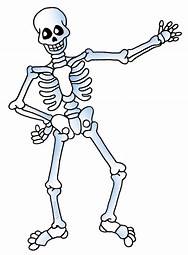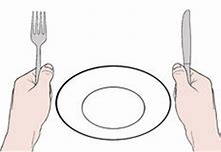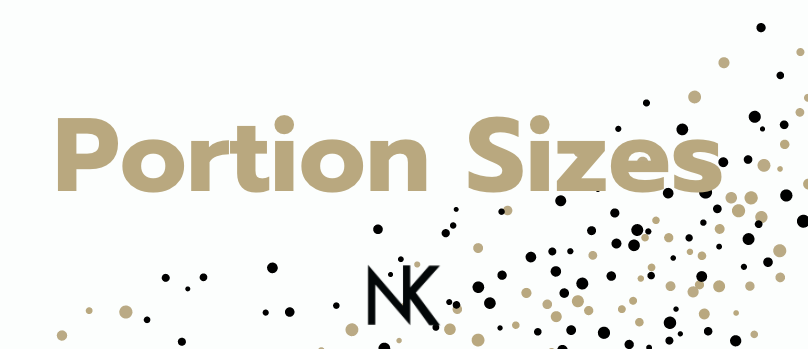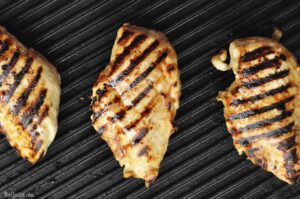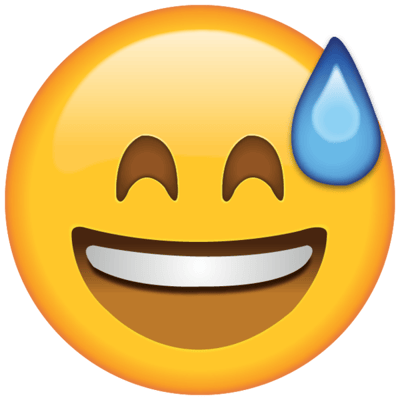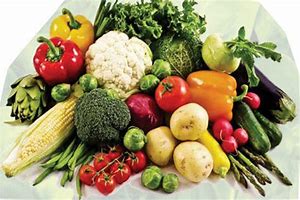|
Bone health can be supported & optimised by nutrition at all stages of the life cycle. Below are some of the key areas to focus on & our top tips to ensure that your bones are strong to support normal daily activities. If you are an athlete, supporting your bone health is essential for optimal performance while helping to minimise the risk of injury. Adequate energyEnergy availability can have an impact on our bone health. Energy availability is the amount of energy leftover in our body after we exercise- this energy is used for essential processes in our body. If we don’t get enough energy this can negatively impact our bone mineral density. This can lead to increased stress fractures in athletes and ultimately could be a contributor to developing osteoporosis. Making sure you fuel your body with adequate energy will protect your bones. How can I know if I’m getting enough? Signs of under fueling include recurring illness (always getting coughs and colds), increased frequency of injury, fatigue, poor recovery, low mood, poor concentration, IBS symptoms (e.g. bloating), irritability, and a loss of your period. Calcium & Vitamin DWe all remember the song from the ad- those bones need calcium! Recent research shows that 41% of Irish women and 30% of Irish men are limiting or avoiding dairy, with 10% believing it’s bad for their health. Dairy foods are one of our richest sources of calcium in the diet, and certainly are not bad for our health. Including 3 portions of dairy a day will help you reach your recommended calcium intake for the day. Other calcium rich foods that aren’t dairy products include fortified plant based milk, fortified cereal, sardines, tinned fish. By including these in our diet regularly this can also help us meet our recommended intake. Don’t forget about the sunshine vitamin – vitamin D. Food sources of vitamin D include eggs, oily fish, and fortified milks; however, we don’t get enough in the diet and the sunshine provides us with the most vitamin D. Vitamin D helps our body absorb calcium. Public health recommendations in Ireland state that we should all be taking a 10ug supplement between October and March. Older adults, those with darker skin, or those already deficient will need more vitamin D.
Osteoporosis – look after your bone health!Osteoporosis is a direct consequence of unattained peak bone mass in youth as well as excessive loss of bone mass in later life. Did you know osteoporosis affects 200 million people worldwide and is a leading cause of fractures, disability, mortality and reduced quality of life. Following the menopause hormonal changes consequently lead to the accelerated reduction of bone mineral density. As a result, this can contribute to the future development of osteoporosis. 1 in 2 post-menopausal women compared to 1 in 5 men over the age of 50 develop an osteoporotic fracture in their lifetime. Did you know that a post-menopausal woman’s annual risk of fracture is greater than her combined risk of cardiovascular disease and breast cancer. If you are reading this & thinking ‘this doesn’t relate to me I’m only young I don’t have to worry about that’, it is important to prioritise bone health at all stages of life! Now is the time to make changes to support your bone health so that you can help prevent osteoporosis in the future. |
Probiotics: the low down
Portion sizes: part 2
Let’s talk portion sizes
Sleep: the forgotten superpower
Whey protein powder: friend or foe?
Cow’s milk vs plant-based alternatives
Why you should consume protein post-exercise
Hydration: an important part of performance
You don’t like vegetables?
Eating a variety of vegetables is also important. There are different vitamins and minerals e.g. spinach is a source of plant-based iron while red peppers are a source of vitamin C. In terms of our gut bacteria, there are 100’s of different species and just like people they have different ‘taste palates’, so variety is encouraged to feed the different bacteria. Having 20 or more different plant foods in our diet each week has been recommended so try to include as much colour on your plate as possible!

So how can you improve your vegetable intake?
Disguise the vegetables. This can be particularly helpful if you don’t like the texture (or if you have kids with challenging palates!). Try adding a handful of kale to a smoothie or blending a Bolognese/curry sauce once cooked. This will remove the texture of the vegetables and create a smooth consistency before adding your protein source.
Can you add an extra vegetable to your dinner? Try adding green beans, peppers, mangetout, onions or corn to your curry for example.
Try different cooking methods. Roasting vegetables creates a sweeter taste (try peppers, courgettes, butternut squash, carrots, onions for example).
If you are a parent/guardian role model behaviour can be helpful when trying to introduce new foods to your children.
Frozen fruit & veg are a great alternative to fresh produce if you’re looking to reduce food waste and save a few bob in the process. It also allows us some more variety in our diet. Research has shown that frozen fruit & veg is sometimes even more nutrient-dense than fresh options after a few days in storage!

